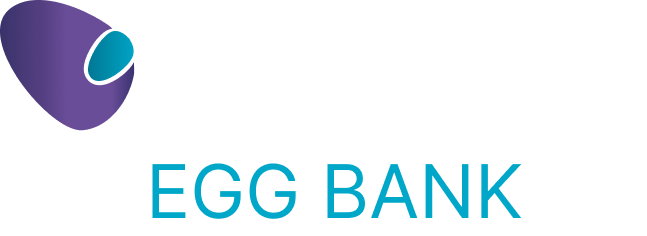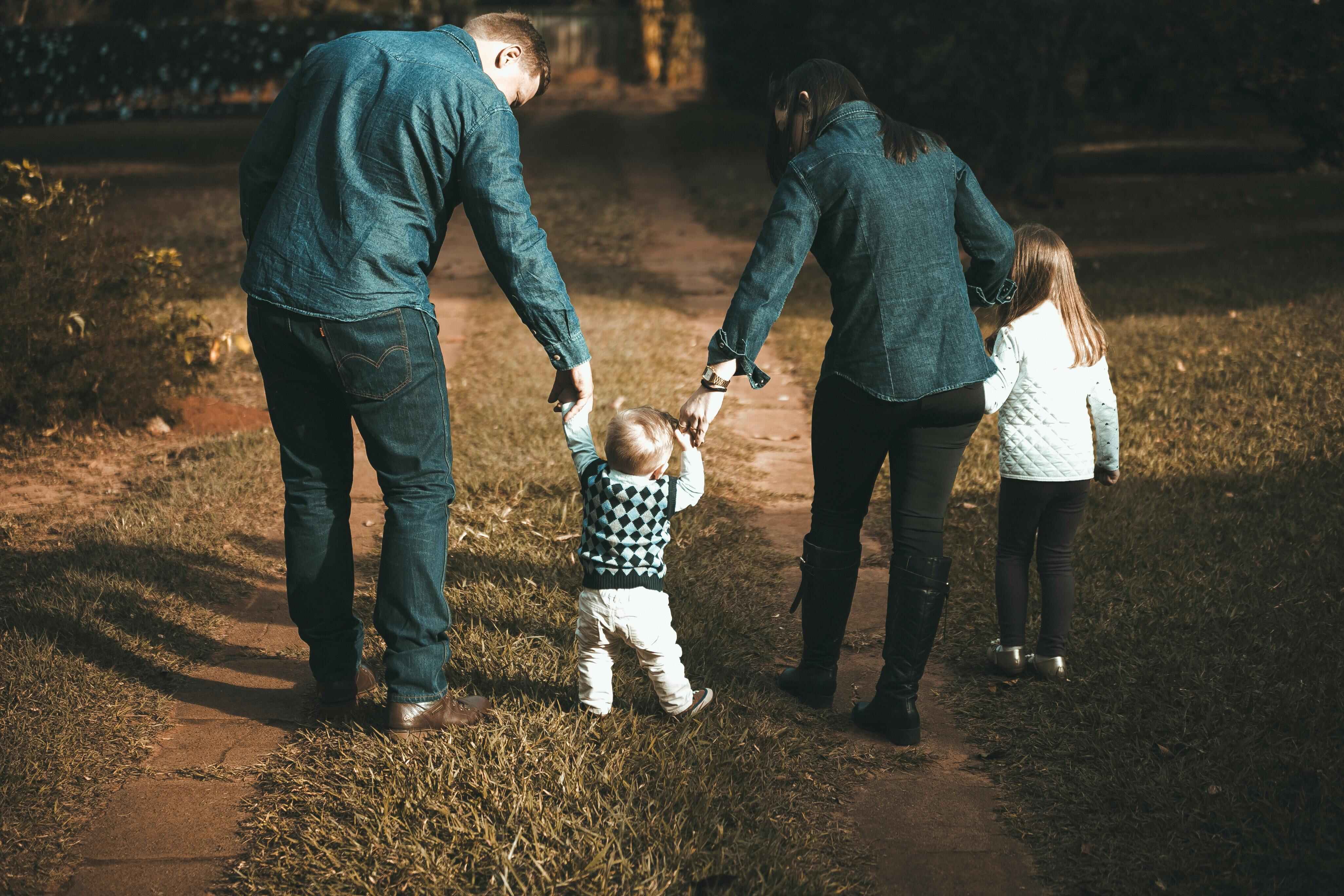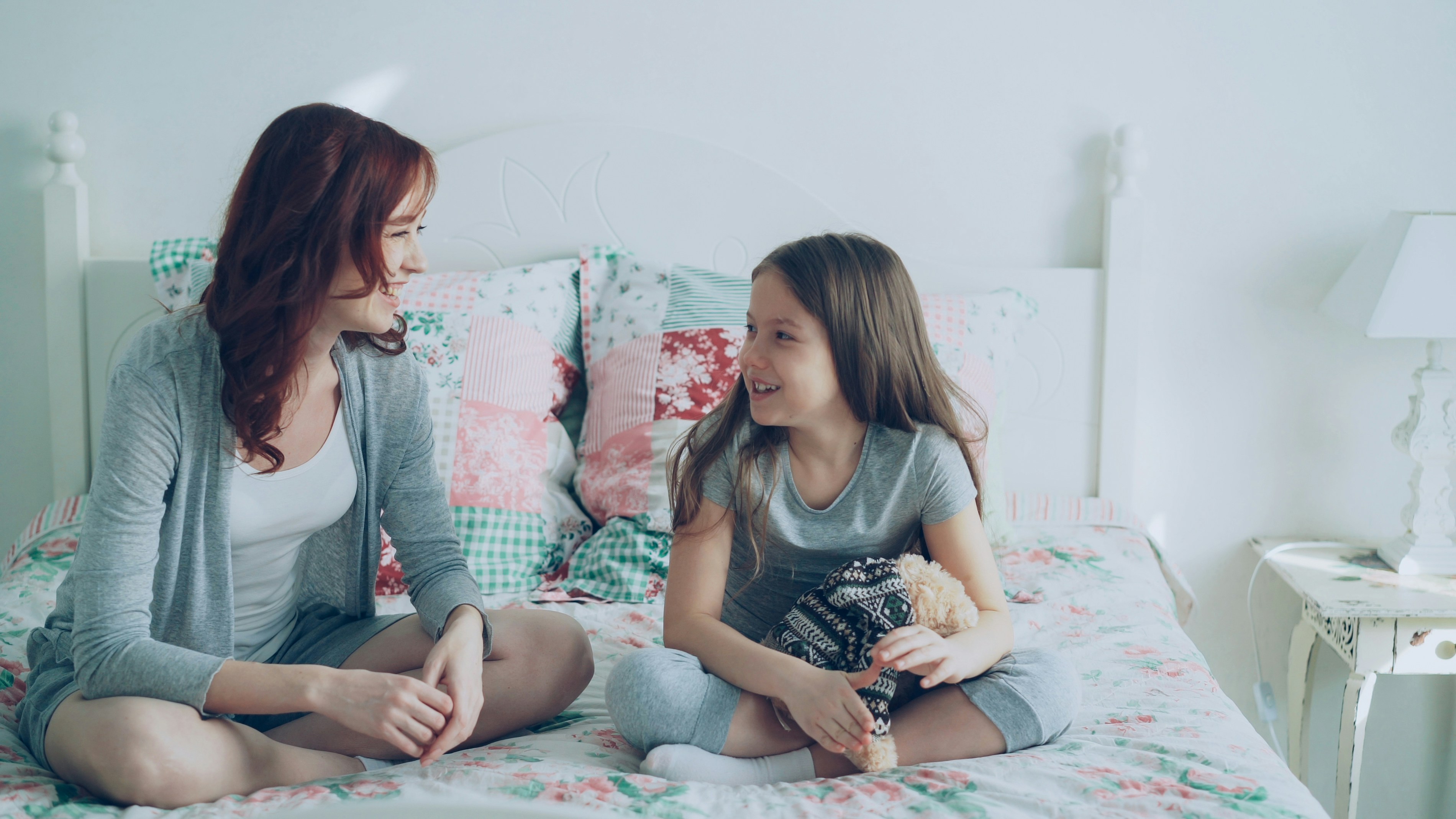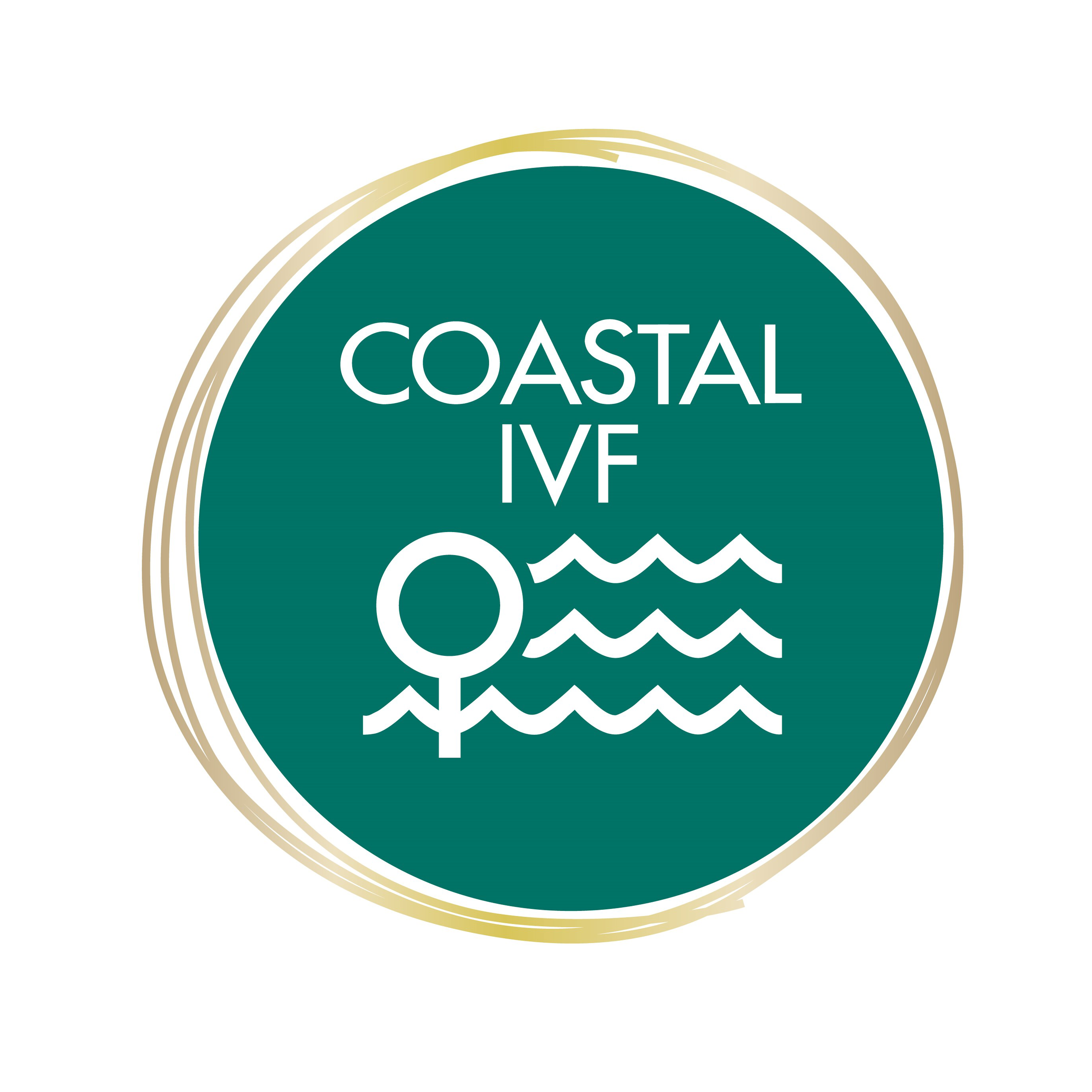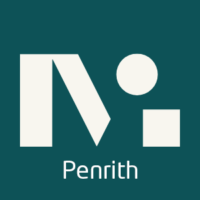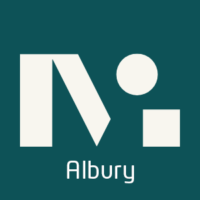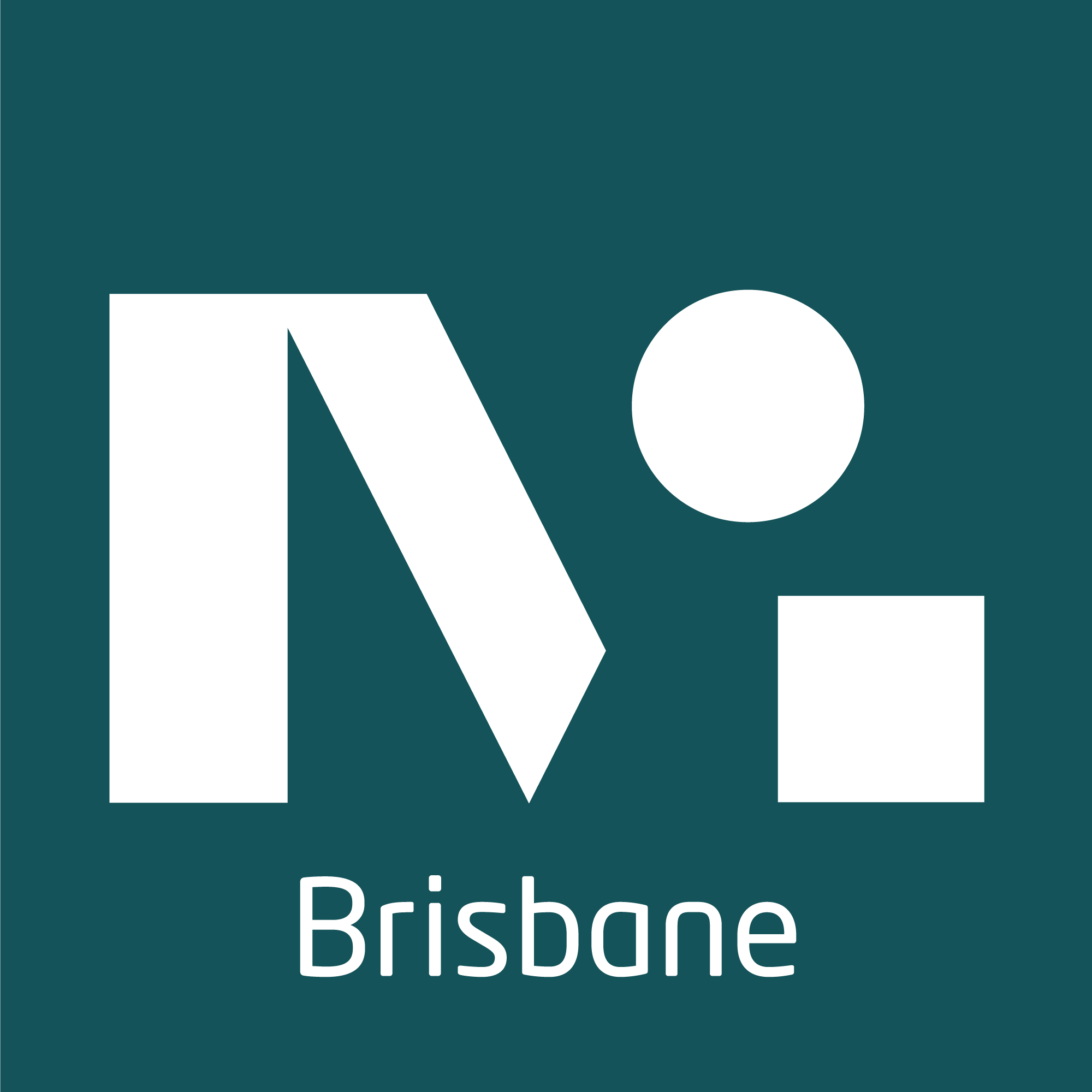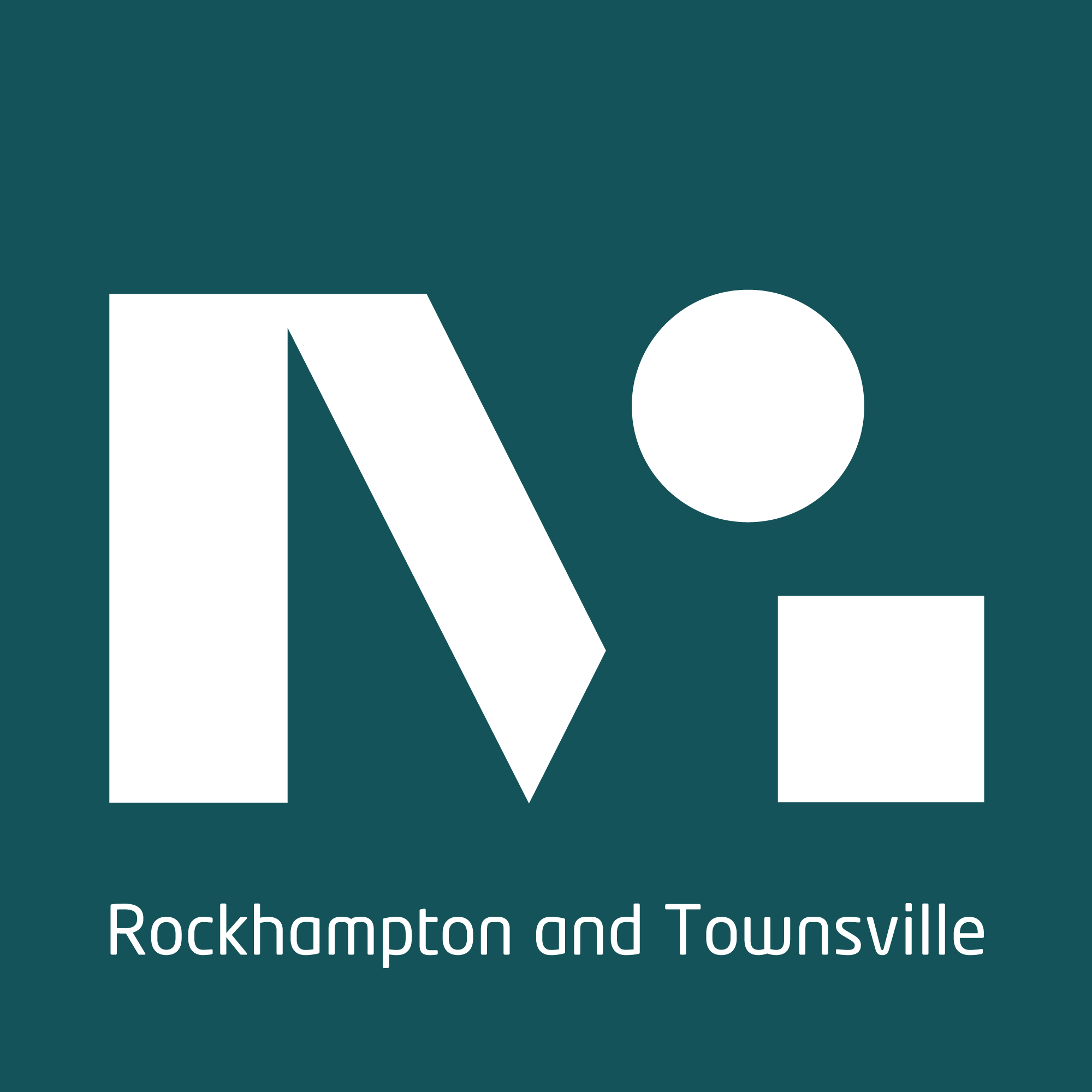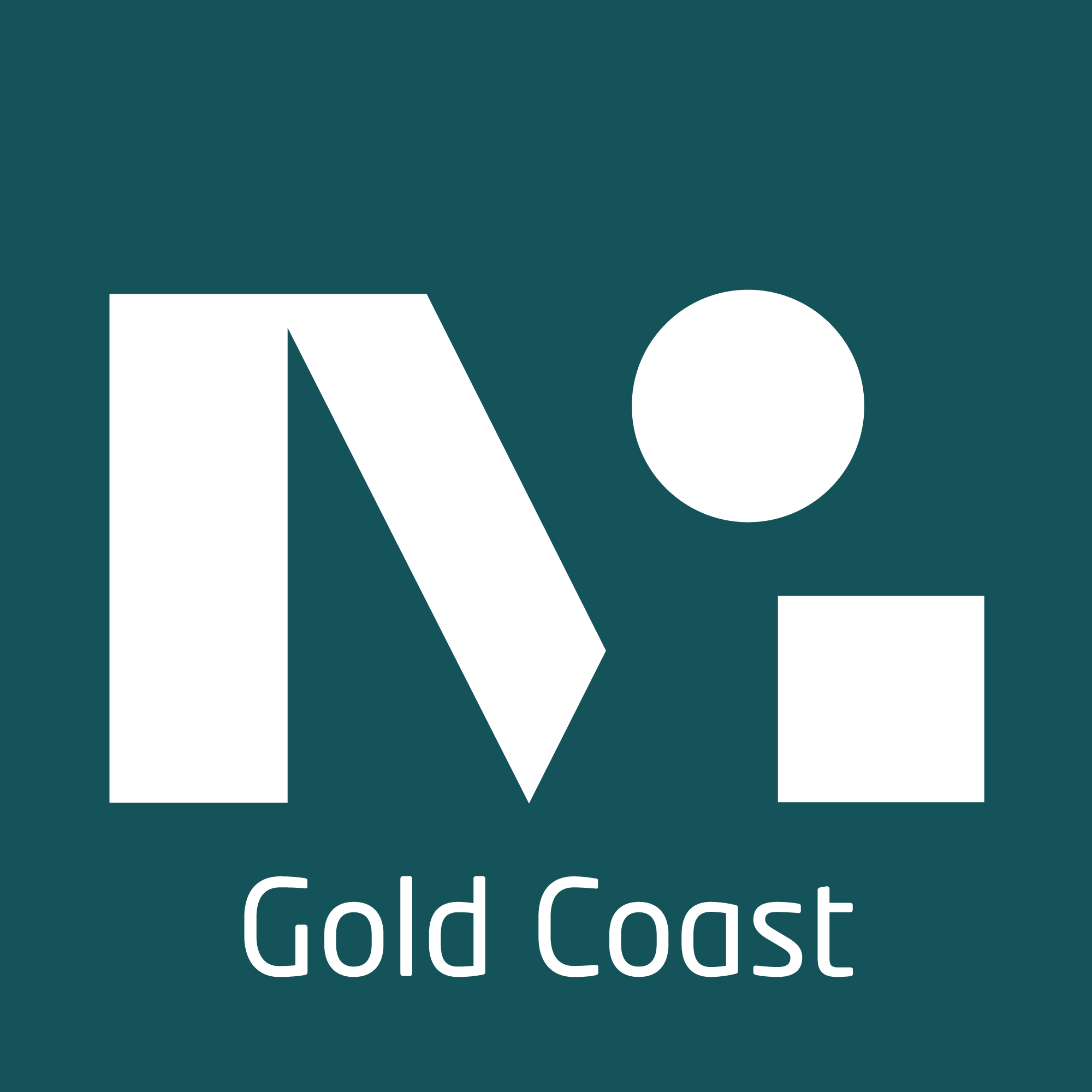Creating a family looks different for everyone, and for LGBTQ+ couples, the journey is especially diverse. Thanks to advancements in fertility science and growing social acceptance, more same-sex and LGBTQ+ couples than ever are pursuing parenthood in ways that feel right for them. For some, this journey may include IVF and the use of donor eggs.
Whether you’re just beginning to explore your options or are ready to start treatment, this guide is here to help you make informed choices.
Why more LGBTQ+ couples are exploring IVF and fertility treatment
While there are other pathways to parenthood, such as adoption, there are many reasons same-sex couples may choose egg donation.
- A desire for a genetic connection to their child.
- A wish to share the journey of pregnancy together.
- Medical conditions or genetic markers that impact fertility.
- The opportunity to plan and preserve fertility through egg or sperm freezing.
- The chance for genetic siblings.
For a lot of families, being able to use the same donor in future IVF cycles is important, especially for those hoping to give their child a genetically related sibling. Many of our donors are open to providing additional eggs upon request. If this is something that matters to you, it’s a conversation you’re welcome to have with us.
While the process can be complex, clinics experienced with building LGBTQ+ families can support you at every step, from legal considerations to emotional support.
How accessible is fertility treatment for LGBTQ+ Australians today?
Fertility treatment has long been an important process for LGBTQ+ couples looking to start or grow their families. Today, there’s more support available than ever before. Broader societal changes, such as evolving legal frameworks and a growing network of inclusive fertility providers, reflect the ongoing shift toward acceptance and understanding, making the path to parenthood a little easier.
See our list of associated Australian partner clinics.
LGBTQ+ individuals and couples face a range of legal and social barriers to becoming parents. Because there hasn’t always been information specifically for same-sex and LGBTQ+ couples pursuing fertility treatment, many people are left feeling unclear about their options and what to expect. LGBTQ+ couples can also face public stigma as parents and often have to navigate parenthood more thoughtfully because of lingering stereotypes and discrimination.
Today, many of those barriers are breaking down, making it easier and more accepted for same-sex and LGBTQ+ couples to access fertility services and pursue their dream of parenthood. Every fertility journey looks a little different, but the shared hope of building a family is something worth recognising.
What fertility options are available for same-sex couples?
For same-sex female couples
Some same-sex female couples choose to conceive using donor sperm, through IUI (Intrauterine Insemination). This is a low-intervention procedure, where prepared donor semen is inserted into the uterus, close to the time of ovulation.
Some couples may need to utilise donor eggs as part of their fertility journey. Donor eggs are usually required if there are any fertility issues, such as low ovarian reserve, if the egg quality is not the best, or if the female has had medical treatment that has affected her fertility. In these circumstances, IVF (In-Vitro Fertilisation) with donor eggs is a suitable option.
The process typically involves the following steps:
- Choosing your donor eggs: You’ll first start by looking at our wide range of egg donors and selecting the one that feels right for you.
- Safe and secure shipping: Your chosen donor eggs are vitrified (rapidly frozen) and transported by a dedicated hand courier to your chosen IVF clinic, maintaining the highest safety and care throughout the journey.
- Fertilisation: The donor eggs are thawed and fertilised with donor sperm at your clinic to create embryos.
- Embryo transfer: When the time is right, one of the resulting embryos is transferred into the uterus of the partner who will carry the pregnancy. Remaining embryos will be frozen for future IVF attempts.
- Pregnancy Test: About two weeks after your embryo transfer, you’ll take a pregnancy test to find out the results.
For same-sex male couples
Same-sex male couples will typically require both an egg donor and a surrogate to carry the pregnancy. In Australia, this must be two separate people. All states and territories allow altruistic surrogacy, where the surrogate is compensated for their expenses. Commercial surrogacy, where personal profit or additional compensation is received, is illegal in Australia.
The egg donation process remains the same. After registering with a local clinic, the couple will have to complete required counselling (and medical/blood tests in the case of the surrogate). Then, they will have the opportunity to choose their egg donor, and the eggs will be safely transported to Australia. From there, the chosen fertility clinic will undergo the IVF treatment with the surrogate who will carry the pregnancy.
It’s important to note that while Central Egg Bank provides donor eggs, the selection and coordination with a surrogate are managed separately, often with the assistance of legal and medical professionals to navigate the associated processes.
More information about surrogacy in Australia.
How can LGBTQ+ couples prepare for fertility treatment?
Fertility treatment involves several important decisions:
- Selecting a clinic: Choose a provider that’s not only experienced but also inclusive and affirming of LGBTQ+ families. See our list of associated clinics here.
- Understanding legal rights: Laws around parentage, donor anonymity, and surrogacy vary depending on where you live. A fertility lawyer can help ensure all parties are protected and informed.
- Emotional support: From navigating medical procedures to thinking about how to talk to your child about their conception, professional counselling can provide the support and guidance you need for your fertility journey.
- Choosing a donor: For those who require an egg donor, you may want to consider characteristics like health history, physical traits, or shared values.
Each of these steps plays a key role in shaping your path to parenthood. No matter where you are in the process, know that support is out there and you don’t have to go through it alone.
Central Egg Bank helps LGBTQ+ couples create their families through egg donation with care and compassion. Our range of egg donation programs allows recipients to access donor eggs while remaining in Australia, with no wait list.
Whether you’re ready to begin treatment or simply exploring your options, we’d love to be part of your journey. Learn more about our egg donation process and how we can help you in your fertility journey by visiting our website.
